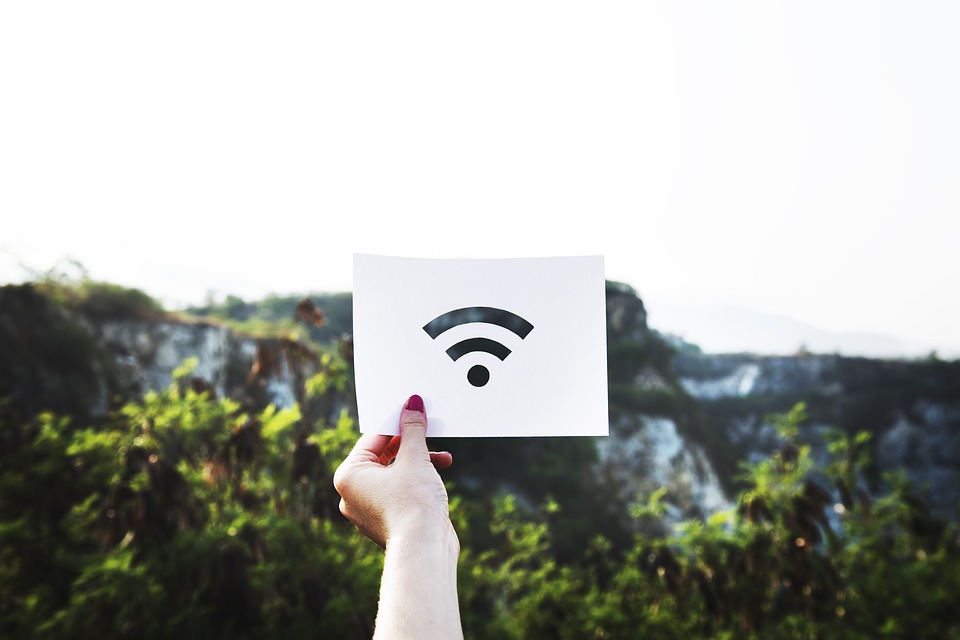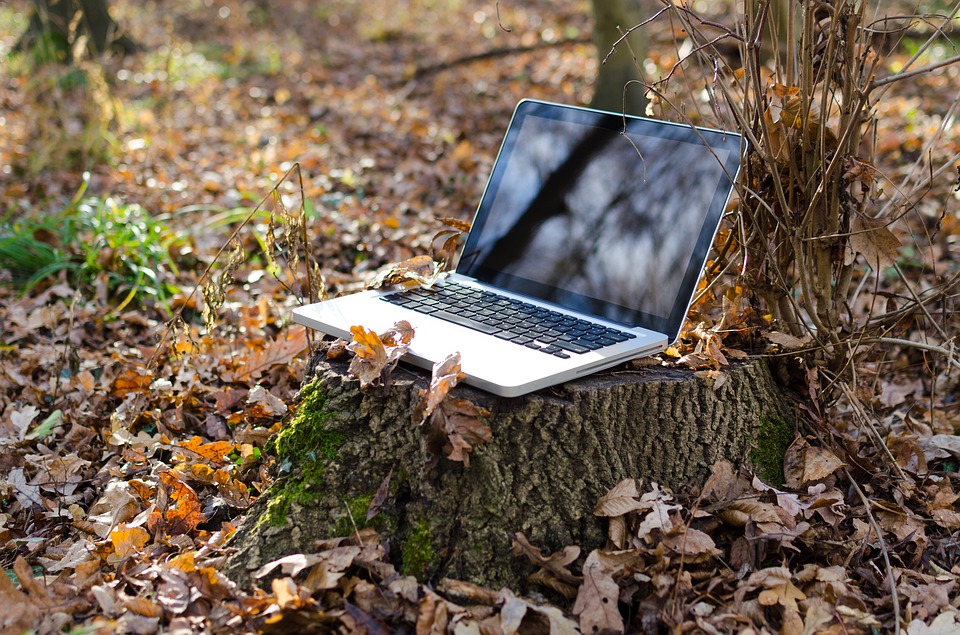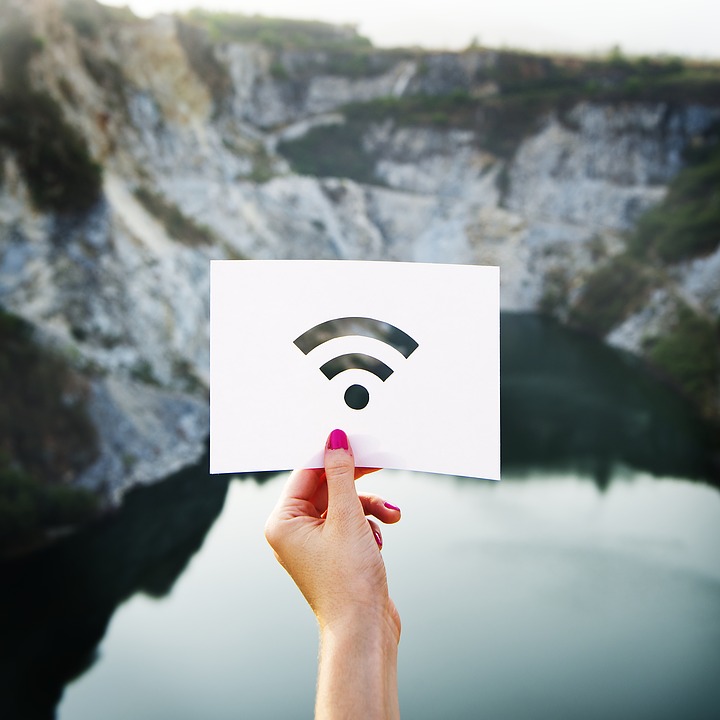When it comes to travelling abroad, security is a prime concern for many travellers who believe that secure travel revolves around keeping your wallets out of the hands of thieves, keeping your passport and documents in a safe place and ensuring that you get insurance just in case something happens. And while these are all valid safety concerns, you should be also mindful that using public WI-FI abroad is something that you need to be aware of. From exposing you to identity theft to being privy to confidential information such as bank details, you have to be careful when using public WIFI abroad. There’s no doubt that free hotel wi-fi is not only very handy, but also very tempting to use whenever you travel. In fact, having a wireless hotspot available is probably more valuable to many travelers than room service! The problem is, using unsecured wi-fi can expose you to identity theft and lead to you accidentally exposing your bank details and other private things, unless you’re careful. Recently I was subject to identity theft and had my personal details including social media, bank details and personal information in the hands of ‘con-men’ who had obtained my confidential details because I was ‘robbed’, where my passport, bank card, money, keys, makeup and headphones were stolen by the attackers. They then proceeded to commit identity theft , which thankfully I managed to resolve but nevertheless it taught me to always be mindful of how thieves operate, whether that be abroad or at home.

When it comes to staying in a hotel abroad, thievery might be the last thing on your mind, especially as hotels aim to cater to your comfort and convenience, so it’s no wonder many of them don’t concentrate their efforts on guest wi-fi cybersecurity. To access most hotel wi-fi, you’ll usually be given a very simple password that will either be the same password as all guests, a password that’s a combination of your room number and another simple word or – in many cases – absolutely no password at all, letting anyone join the network. This huge lack of security, combined with the large numbers of potential victims, is exactly why hotel wi-fi networks are targeted by cybercriminals. In fact, the seemingly harmless hotel wi-fi, could be a haven for cybercriminals. The potential ways in which your information could be compromised include the following…
Man in the Middle Attack
The most common way for these thieves to steal your information is by making themselves an invisible intermediary between your device and the wi-fi connection point. When they do this, all the information you send or receive over this connection can be seen and used by the hacker, including any passwords, credit card details, bank account logins, etc. Whether you are using a laptop, mobile phone, tablet or anything else think of your technological devices as ‘online passports’. After all you would never leave important documents like your passport out in the open in your hotel room where thieves can potentially obtain your personal information. But when you are using unsecured public WI-FI when you travel you could make your online accounts vulnerable and put you at risk for identity theft, questioning the supposed security of hotel WIFI.
Malware
You could be put at risk via malware distributed through unsecured wi-fi connections by malicious groups. For instance, the DarkHotel group (who have targeted business travelers for years) and other groups or individuals send extremely convincing, personalized phishing emails based on the information they’ve gathered, and this uploads the malware to your device without you realizing at first.
Evil Twin Attack
This involves hackers creating a wi-fi signal that mimics the one provided by your hotel. They do this in the hopes that you’ll join their fake network so that they can monitor everything you do online.

Eavesdropping
It only takes a bit of know-how and some basic software for a hacker to be able to see everything you are doing online over public wi-fi. Hackers usually do this in hopes of obtaining financial details or similar, but they can also use this information to blackmail their victims into giving them money or anything else.
If you do decide to use free public WI-FI, which lets face it most of us have used at some point, you have to be careful about what kind of websites you use or visit. For example any websites which require you to use a password to login is not advisable to use when on public WI-FI because hackers could be using software kits to capture yours. Below are some ways that you can protect your WI-FI when using public WI-FI, whether that be abroad, at home or with people that you don’t know.
How to Stay Safe on Hotel Wi-Fi
As you can see, if a cybercriminal wants to steal your sensitive data over hotel wi-fi, they have a number of methods of doing so. Thankfully, there are a number of things you can do to prevent this.
Always remain aware of the risks. Don’t ever assume that because the hotel is expensive or a large chain, it will be safe, as these ‘luxury hotels’ can often be the locations which would put you more at risk when it comes to security breaches.
Don’t log in to any bank accounts over wi-fi. It may be more expensive to use mobile data for this, but it’s a lot cheaper than having your bank account balance stolen!
Enable your device’s firewall. This will protect your device from hacking (but will not protect the information you’re sending out over the internet).
Don’t join new networks without checking which one is legitimate. The Evil Twin method means you’ll likely see 2 or more network names that look almost exactly the same.

Use a VPN. A VPN (Virtual Private Network) is the absolute best method for keeping you safe on unsecured wi-fi networks. It will encrypt all of your online data and mask your IP address.
Change Your Passwords Before You Travel. If you feel like you will need to log into accounts with sensitive information, whether that be banking, social media or email accounts, switch to new complex passwords before you leave and then change them again when you get home.
Check Your URLS. It might seem like a strange tip but if you do decide to surf online make sure the URL of the website you are visiting starts with HTTPS because the ‘S’ stands for secure and the data is subsequently encrypted.
What Are Your Tips For Using Public WI-FI When Abroad Or At Home?
*Disclaimer
Please note this is a collaborative post but all thoughts and research are my own and are not affected by monetary compensation.
Leave a Reply